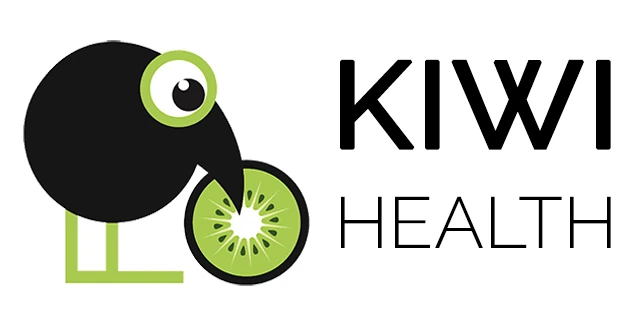09.06.2025
Digital health data in oncology: KIWI HEALTH supports a clinical study at Hannover Medical School.
Our KIWI HEALTH PC software will be part of a clinical study at the Department of Hematology, Hemostaseology, Oncology and Stem Cell Transplantation at Hannover Medical School (MHH). The study aims to test whether health data generated by smartphones can provide helpful additional information for oncological treatment and thus contribute to improving the success of treatment and quality of life.

Background to the study: Digitalization in oncology
Modern cancer medicine faces the challenge of designing therapies not only to be effective, but also as individualized and tolerable as possible.
The needs, life circumstances and health histories of patients differ considerably in some cases – and yet many therapeutic decisions are still based on aggregated averages.
This is precisely where the MHH study comes in: It is investigating whether and how health data generated before and during therapy can provide indications of an individual’s need for support.
What makes this approach special is the use of everyday data generated by the patients themselves – without additional interventions or measurements in the clinical setting.
This perspective opens up new ways for oncology to make therapies more individual, patient-oriented and effective.
About the clinical study
The study is being conducted in parallel with a registry study that has been running at the MHH since 2019, in which patients undergoing oncological immunotherapy are being monitored.
The study will start in 2025 and run until 2027. Twenty patients will be included in the study at the beginning, with the possibility of later expansion.
Participants provide health data recorded on their smartphone. This data – for example movement patterns, sleep patterns or vital signs – is analyzed during the actual therapy with the patient’s consent.
The KIWI HEALTH software is used to process and analyze the unstructured smartphone data. This data is transferred securely, entered into the register and then deleted in order to protect the privacy of patients.
The study has already been approved by the ethics committee and financially supported by start-up funding from the Bristol Myers Squibb Immuno-Oncology Foundation.
Objectives of the clinical study
The aim of the study is to examine whether the health data generated by patients’ smartphones can provide insights on how therapy can be better managed and which support services are particularly suitable.
The aim is to identify predictive patterns that could indicate treatment response, possible side effects or support requirements.
A key aspect of the study is the use of existing data that is not influenced by a study setting. This could provide a realistic insight into the patients’ state of health and enable targeted support measures.
- Optimization of therapy:
Analysis of the collected health data to identify possible individual support needs and adapt the therapy accordingly - Improving quality of life:
Targeted support for patients to increase the effectiveness of therapy and improve quality of life during the treatment phase
Technical implementation
The path of the data from a smartphone to clinical evaluation is complex.
The typical workflow within the study is as follows:
- The patient consents to the use of his/her smartphone data
- The health data is collected by Apple Health, exported from there and transmitted to the MHH
- The scientific analysis of the data takes place at the study center
Particularly advantageous: KIWI HEALTH is able to process large volumes of data efficiently so that consistent results can be derived from a wide variety of sources.
For researchers, this means less time spent on data preparation – more time for the actual interpretation.
Data protection and security
When working with health data – especially in the sensitive field of oncology – data protection is of central importance.
Data is processed in a defined workflow that is coordinated with the data protection officers and the applicable data protection laws. This ensures that the data is transferred and processed securely.
Only authorized persons have access to the study content, and the source files are deleted after transfer to the register to ensure maximum security.
Conclusion
With its study, Hannover Medical School is providing an important impetus for the digitalization of oncology – and we are proud to be part of this project with KIWI HEALTH.
The collaboration with the Clinic for Haematology, Haemostaseology, Oncology and Stem Cell Transplantation shows how patient-generated health data can be used sensibly to make therapies more individual and effective.
For us, this cooperation is a significant step – not only because it confirms the capabilities of KIWI HEALTH as an analysis tool for individuals, but also because it demonstrates its potential of a digital solution in the medical research context to improve patients’ quality of life.
We’ll keep you up to date!
